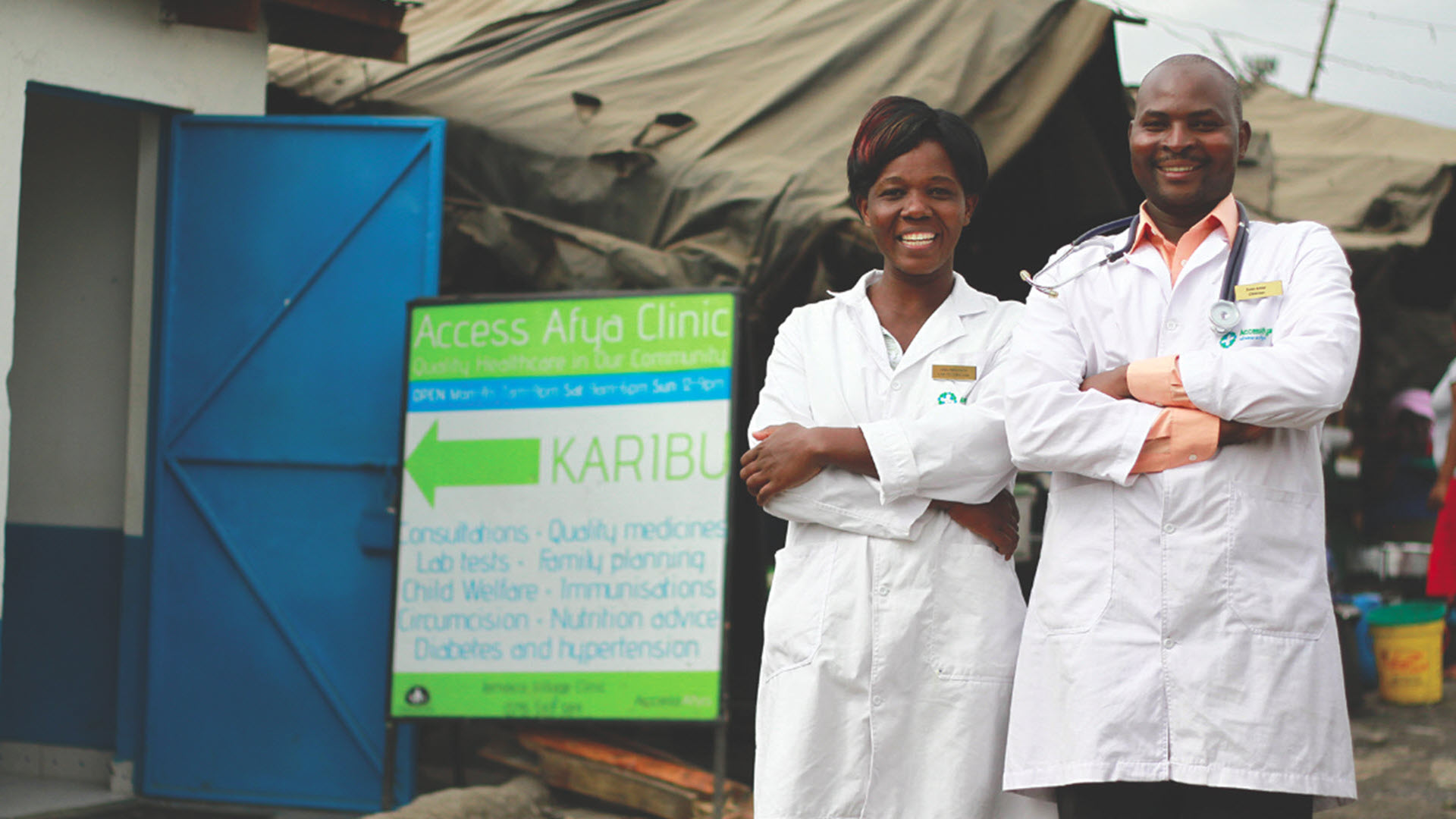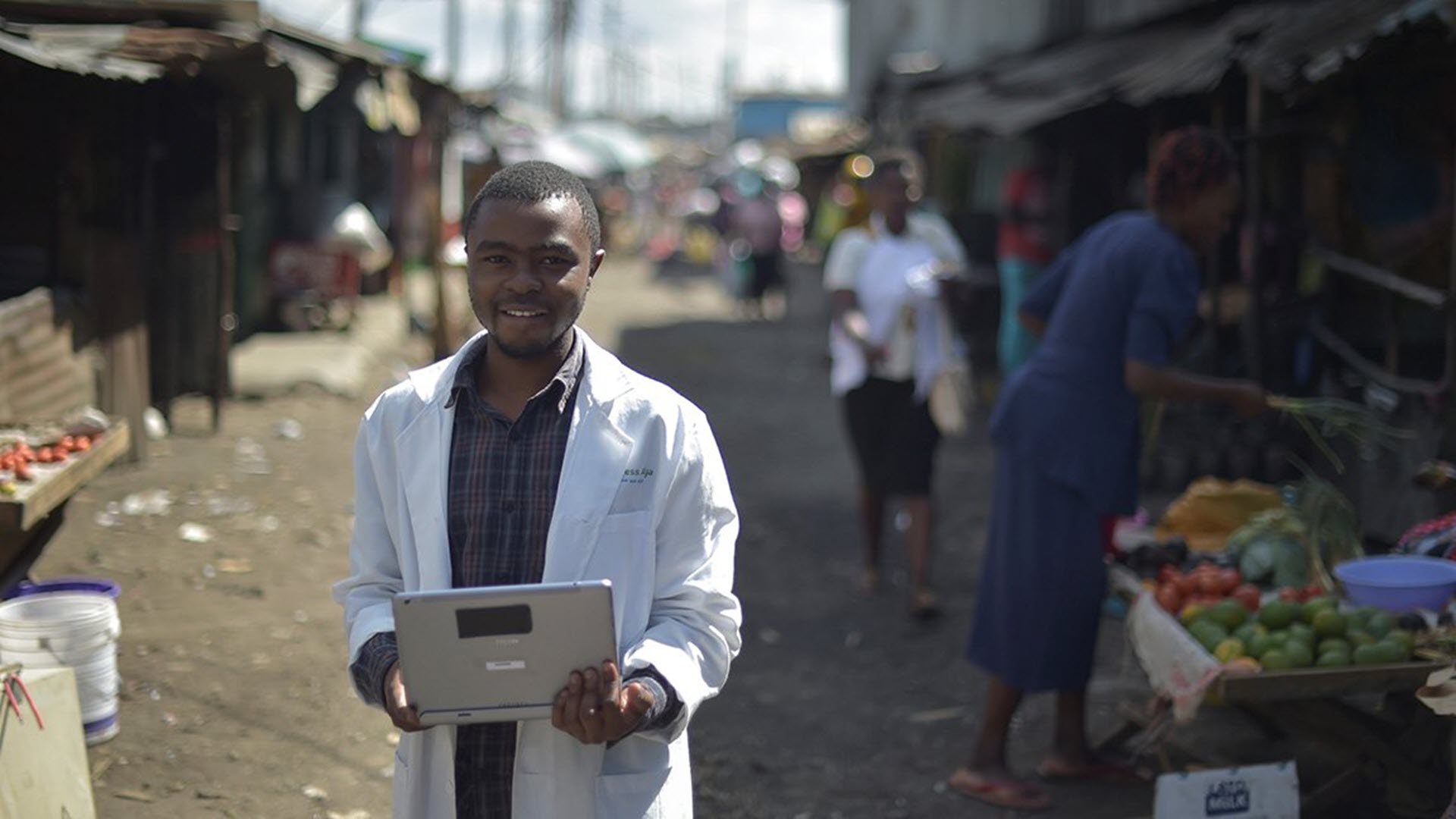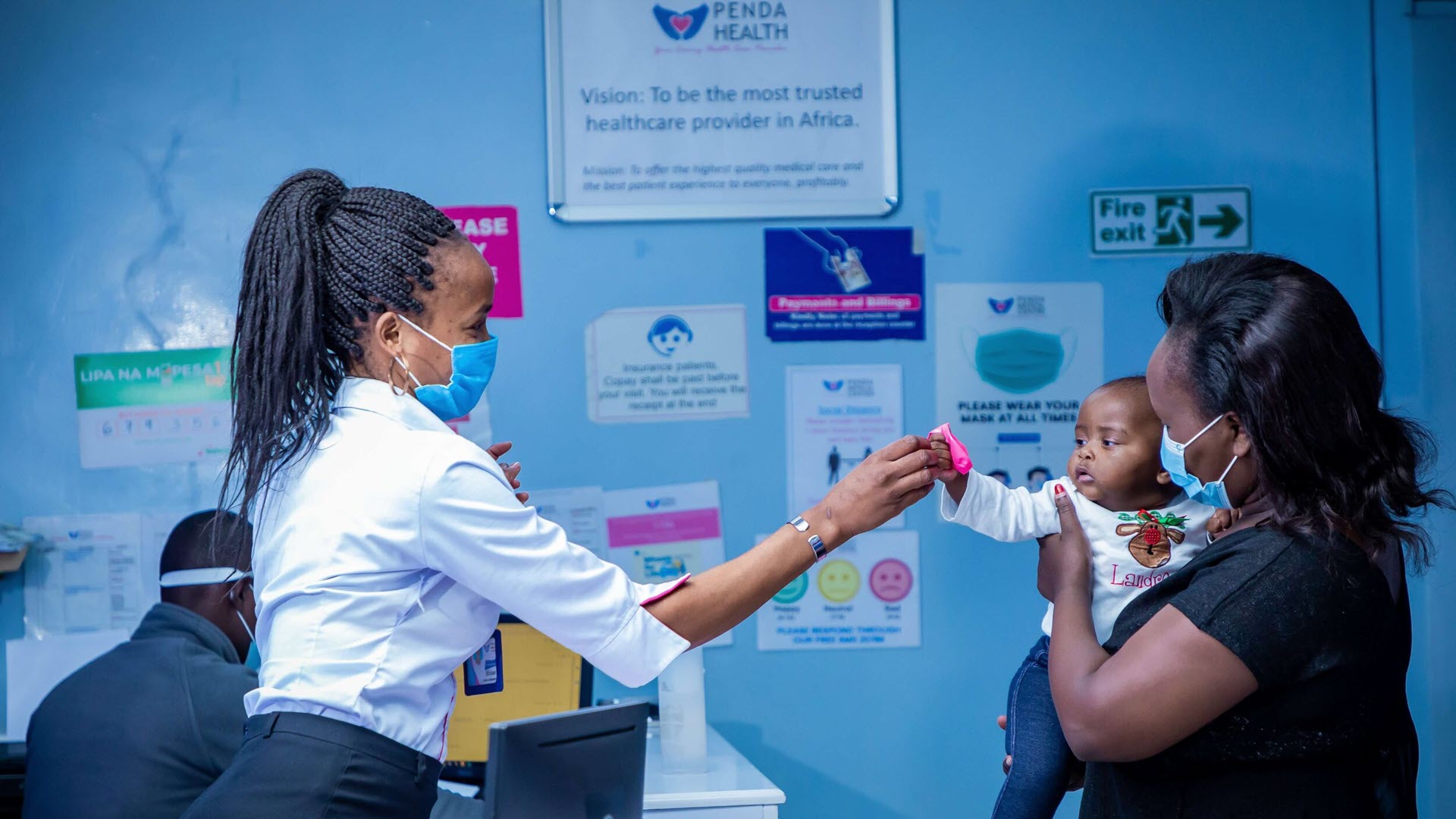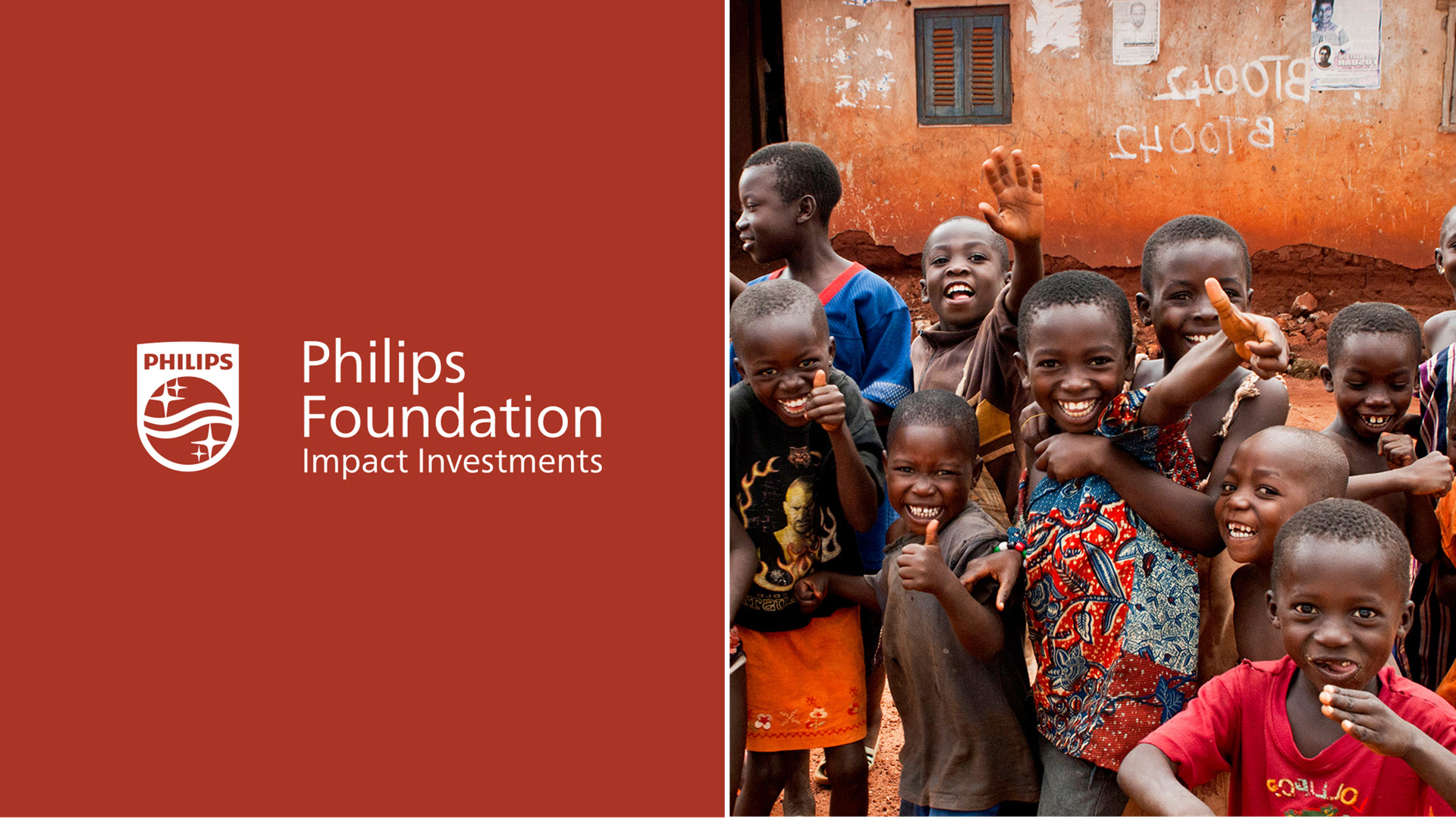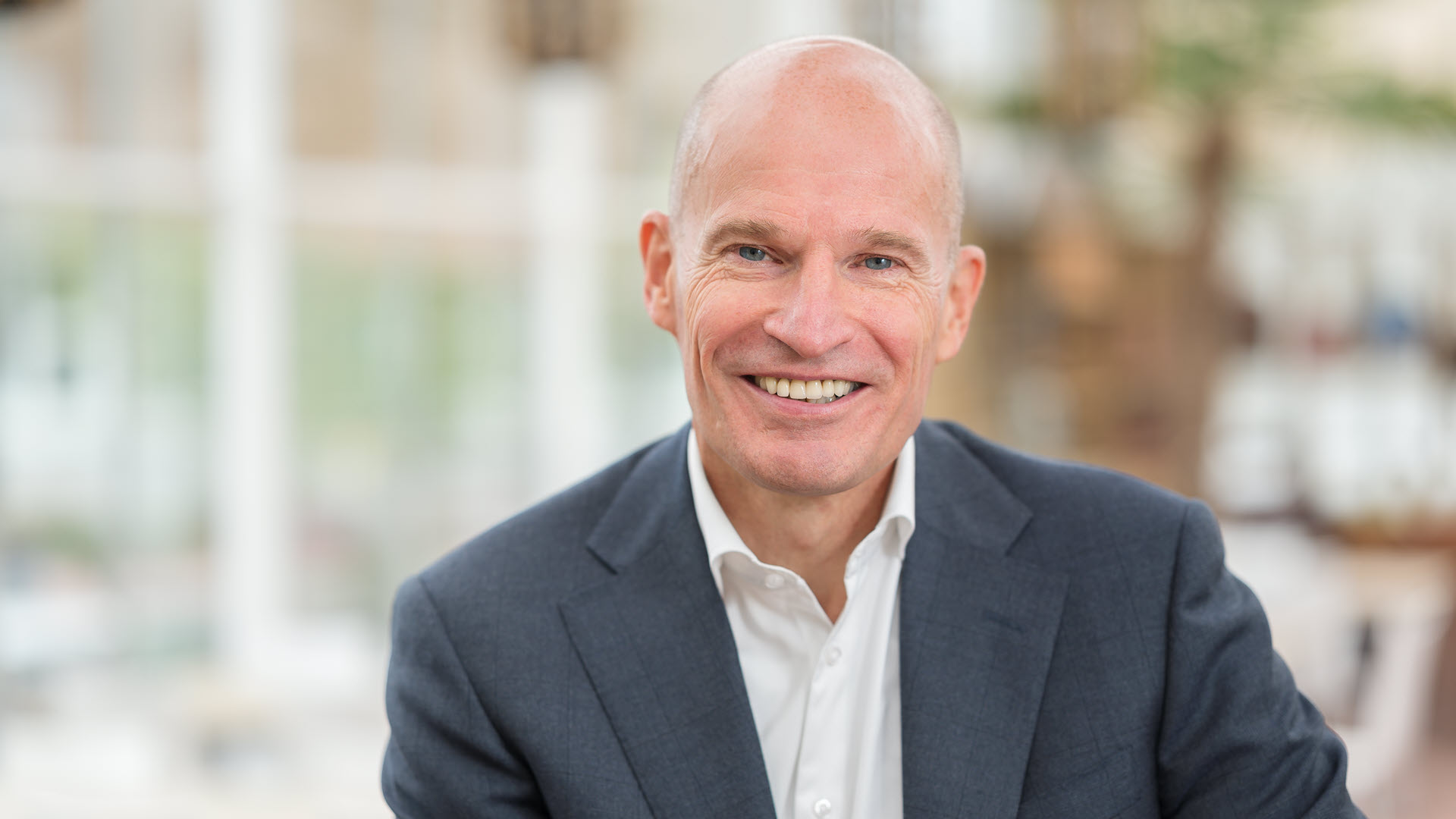Given the widespread issue of low quality of healthcare delivery in Kenya, Penda Health, founded in 2012, chose to focus on delivering patient-focused care, to address an erosion in patient trust. They offer a combination of 19 medical centers in the Nairobi metropolitan area, and telemedicine offered nationwide. In this blended care model, a patient can access services from Penda Health anytime, anywhere, using WhatsApp chat. To further build patient trust and ensure a high healthcare quality, they integrated an e-learning platform available for clinicians, allowing them to stay up to date on the most recent evidence-based treatment options. Similarly to Access Afya, they also offer a subscription model, to move away from the transactional aspect of healthcare access and encourage patients to view healthcare as a continuous service instead of a one-off appointment.
It is crucial to meet the patients where they are – by offering local and affordable healthcare in small clinics, and by remaining available through accessible technological solutions like WhatsApp. This also helps address the current issue of healthcare staff shortages, by reducing the need for in-person appointments.
Innovative solutions to healthcare staff shortages
Human resource shortages often hinder efforts to improve access to healthcare in underserved communities. A combination of new technology and innovative service delivery models can however overcome this.
Rology, an AI-assisted teleradiology platform, decided to tackle the serious shortage of radiologists in the Middle East and Africa. This chronic shortage leads to a high latency in disease reporting times and contributes to the mortality rate from preventable diseases in LMICs. Rology matches hospital cases with radiologists available remotely, based on their availability and specialization. It allows faster, specialized, more accurate and affordable treatment, with no set-up costs, leveraging technology to increase access to radiology care.
A further obstacle to tackling healthcare workforce shortages is an unsuitable working environment and sociocultural barriers that restrict female healthcare providers from participating in the health workforce. According to DoctHERs, over 300.000 female healthcare workers are currently excluded from the workforce, because of hostile work environments, ways of working that have not adapted to their needs, and existing child and senior care duties. DoctHERs leverages technology to address the problem by instantly connecting female healthcare providers with millions of underserved patients – bypassing societal and cultural obstacles that confine women to their homes, restrict their access to quality medical care, and exclude them from the profession.
Beyond reintegrating them into the workforce, DoctHERs streamlines healthcare delivery, by giving the patient access to the whole network of healthcare providers via WhatsApp or phone calls. This upholds real human interaction, whilst leveraging solutions offered by technology.


